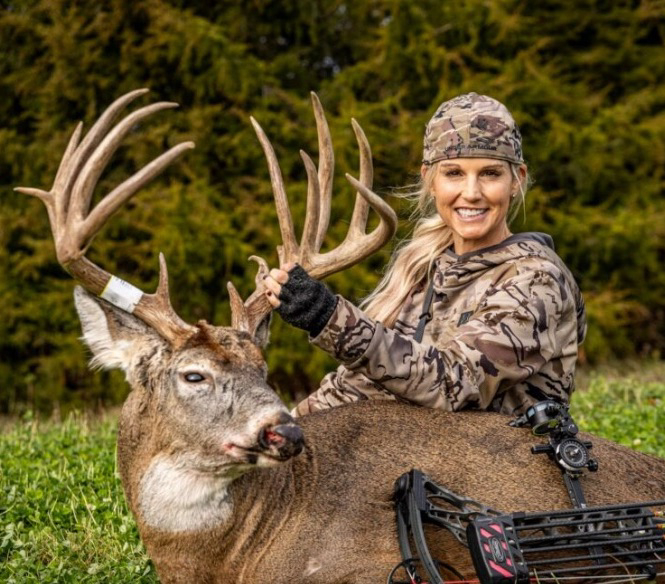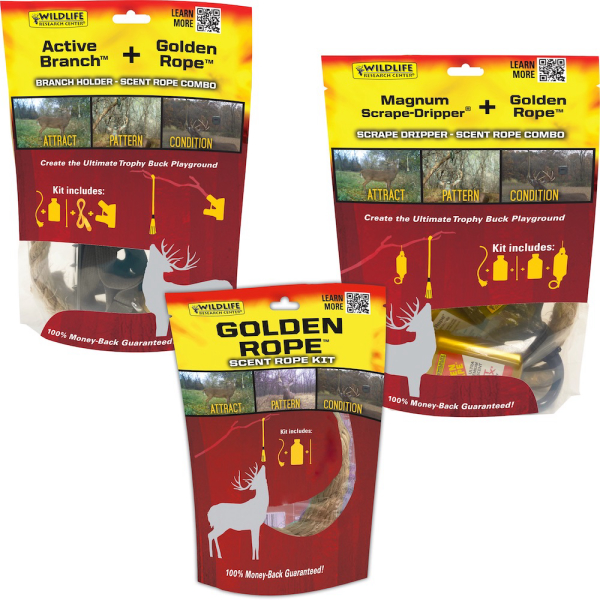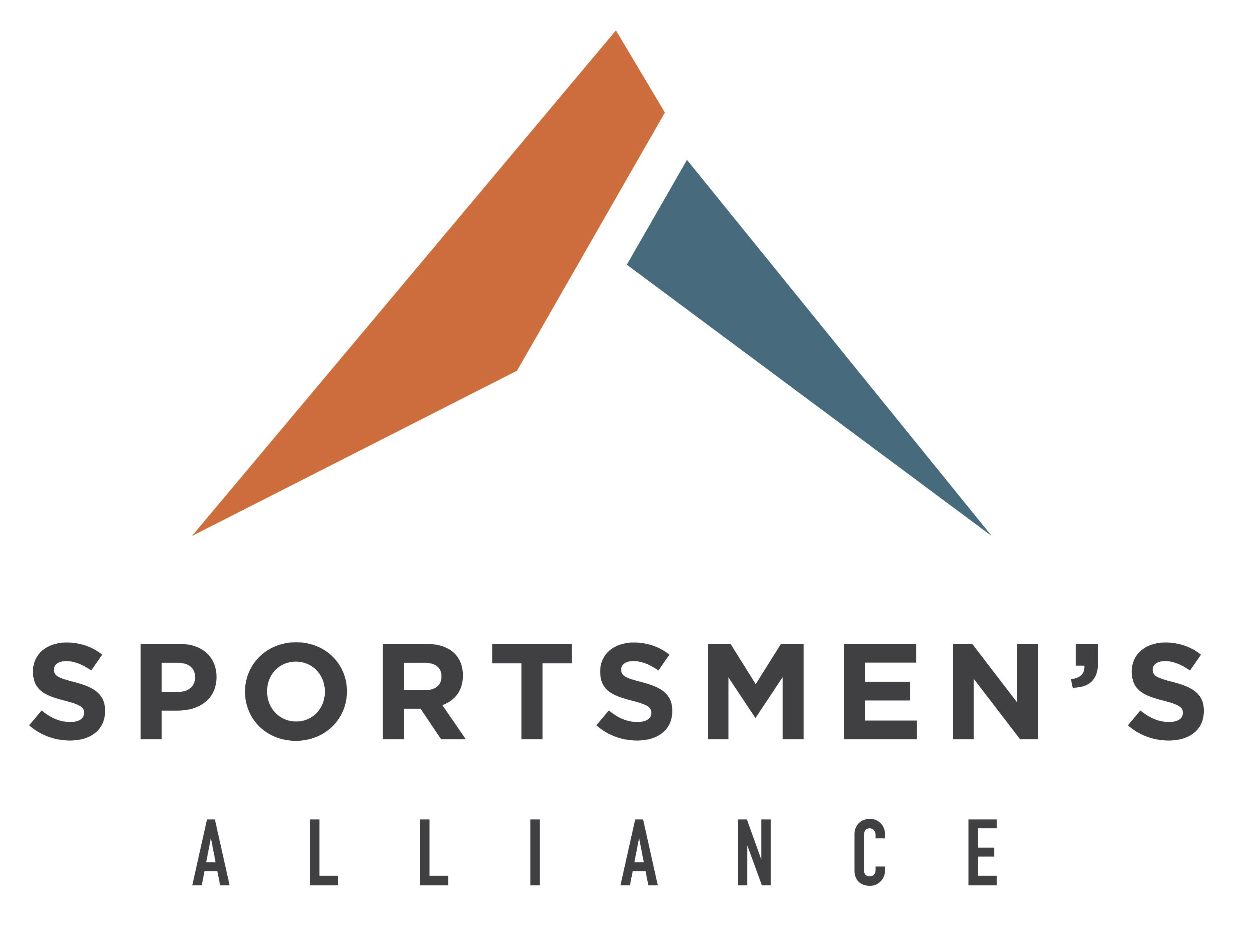The South Dakota 2025 legislative session adjourned sine die on March 31. This means the regular session is completed for the year.
Thanks to the Senate, no anti-sportsmen bills made it to the governor’s desk.
HB 1236 was overwhelmingly passed by the House by a vote of 51 to 19 and sent to the Senate. HB 1236 would have expanded the safety zone from 660 feet to one-quarter mile (1,320 feet). The Senate remembered their sportsmen constituents and defeated HB 1236 by a vote of 5 to 29 keeping it from being sent to the governor.
South Dakota Sportsmen Bills that Passed
The following pro-sportsmen bills were sent to Governor Larry Rhoden, who quickly signed them into law.
HB 1080 voids covenants that prohibit or restrict the possession or use of firearms and ammunition. HB 1080 passed the House by a vote of 66 to 1, unanimously passed the Senate, and was signed into law on March 11.
HB 1188 allows non-resident military members to purchase three-day temporary non-resident waterfowl licenses. HB 1188 passed the House by a vote of 65 to 3, unanimously passed the Senate, unanimously passed House concurrence, and was signed into law on March 28.
SB 41 clarifies the minimum age requirements for a hunting license. SB 41 unanimously passed both the Senate and House and was signed into law on February 10.
SB 46 specifies the funds into which certain boat fees are deposited. SB 46 passed the Senate by a vote of 33 to 1, passed the House by a vote of 67 to 2, and was signed into law on March 11.
SB 81 prohibits the use of a firearms code for transactions involving firearms, accessories, components, and ammunition and provides for a civil penalty. SB 81 passed the Senate by a vote of 33 to 2, unanimously passed the House and was signed into law on February 24. Read more









